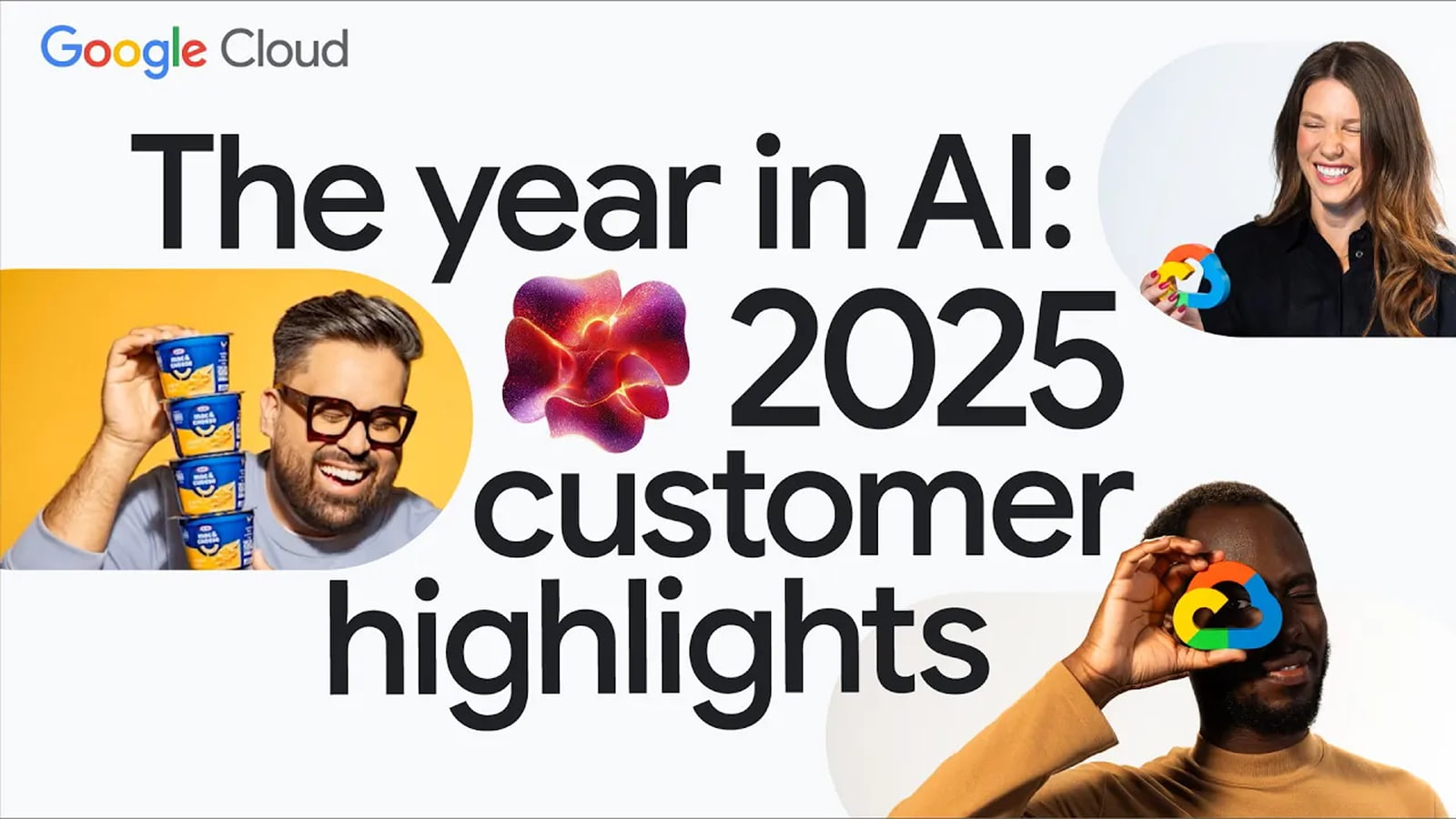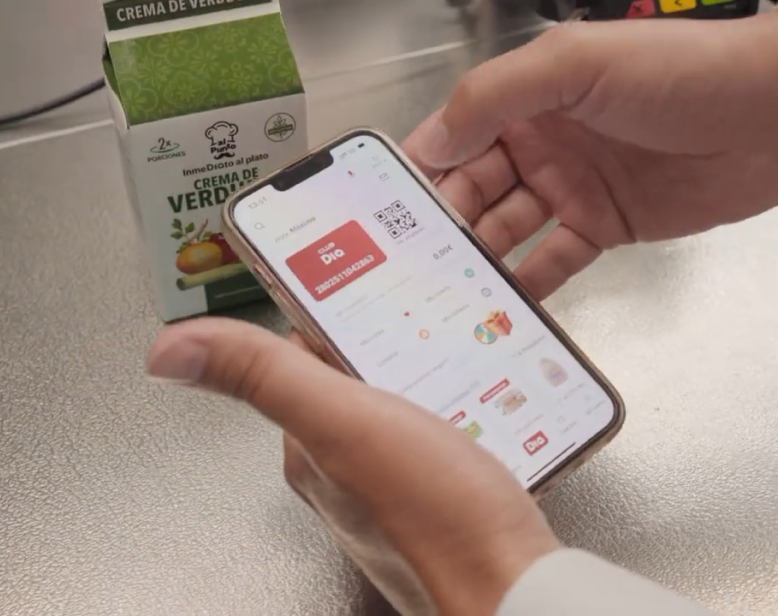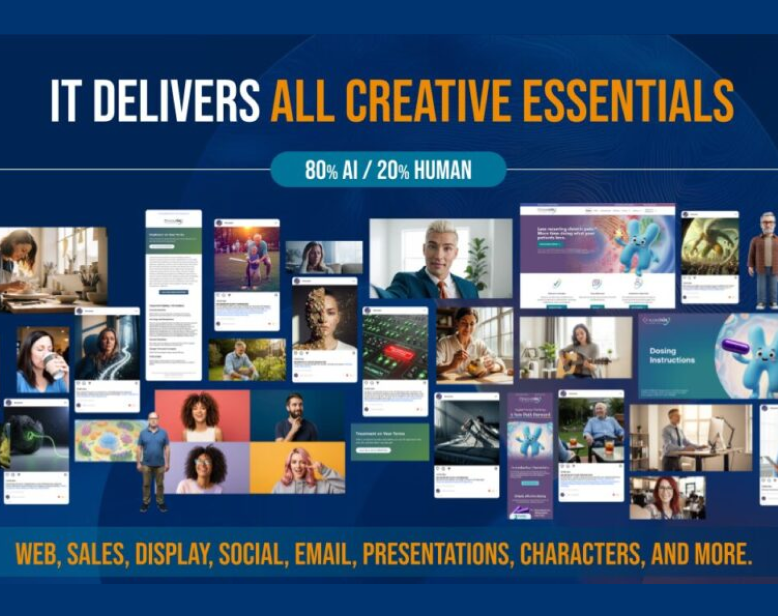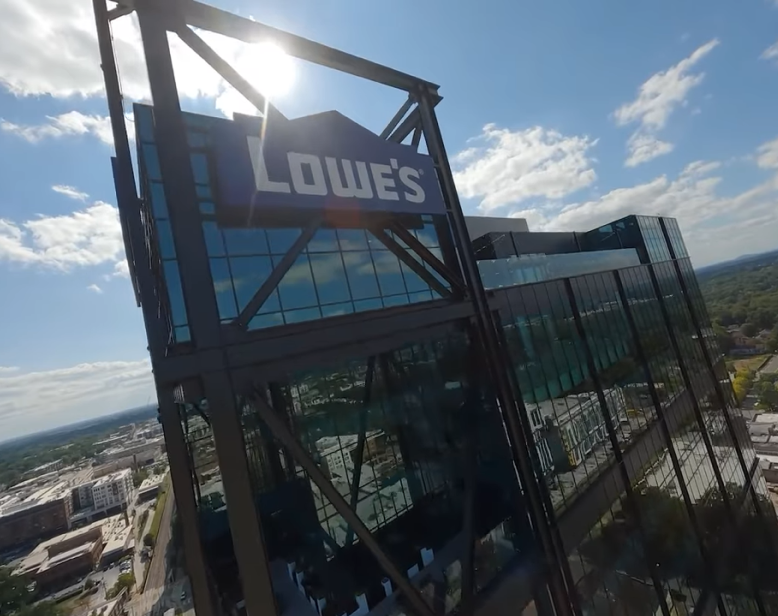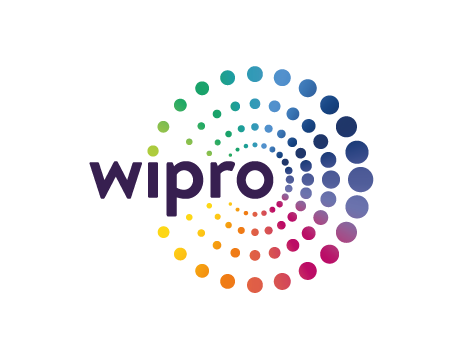Google Cloud customer stories
Organizations worldwide are turning to Google Cloud for their digital transformations. Today, nine of the top 10 AI Labs, and nearly all the AI unicorns, are Google Cloud customers. Read about more than 1001 gen AI use cases or watch customer success stories.
Real-world benefits for customers
Driving growth and efficiency
Millennium BCP uses BigQuery to boost conversion rates 2.6x in digital sales efforts.
Battling security threats
Apex Fintech Solutions reduced its threat detection turnaround time by up to 75%.
Featured stories
Filter by
Product Category
- AI and Machine Learning
- API Management
- Compute
- Containers
- Data Analytics
- Databases
- Developer Tools
- Google Workspace
- Networking
- Operations
- Security and Identity
- Serverless Computing
- Storage
- Other
Industry
- Automotive
- Education
- Financial & Insurance Services
- Gaming
- Government & Public Sector
- Healthcare
- Life Sciences
- Manufacturing
- Media & Entertainment
- Retail & Consumer Goods
- Startup
- Technology
- Telecommunications
- Transportation
- Other
Region
- Asia Pacific & Japan
- Europe, Middle East & Africa
- Latin America
- U.S. & Canada
AI and Machine Learningclose
U.S. & Canadaclose
 With Google Cloud and Google AI, Virtuals Protocol enables humans and AI agents to collaborate seamlessly to drive economic value.
With Google Cloud and Google AI, Virtuals Protocol enables humans and AI agents to collaborate seamlessly to drive economic value. The Hugging Face platform gives everyone access to open-source AI tools and 13 million AI builders can now easily deploy over two AI models and build their own AI applications on Google Cloud in a matter of clicks.
The Hugging Face platform gives everyone access to open-source AI tools and 13 million AI builders can now easily deploy over two AI models and build their own AI applications on Google Cloud in a matter of clicks. Eon transforms static backup archives into instantly queryable data lakes and, on Google Cloud, integrates with Gemini, Vertex AI, and BigQuery for natural-language search and analytics.
Eon transforms static backup archives into instantly queryable data lakes and, on Google Cloud, integrates with Gemini, Vertex AI, and BigQuery for natural-language search and analytics. Refik Anadol Studio used Google Cloud, including Vertex AI and Gemini 2.5 Flash, to build the "Large Nature Model," boosting speed 23x and accuracy 40% to power DATALAND exhibition's intelligent nature art.
Refik Anadol Studio used Google Cloud, including Vertex AI and Gemini 2.5 Flash, to build the "Large Nature Model," boosting speed 23x and accuracy 40% to power DATALAND exhibition's intelligent nature art. Workers at Gordon Food Service foster an innovation-forward mindset by using AI-powered applications and tools from Google Cloud to boost productivity and elevate customer service.
Workers at Gordon Food Service foster an innovation-forward mindset by using AI-powered applications and tools from Google Cloud to boost productivity and elevate customer service. BMC Helix uses autonomous AI agents on Vertex AI to help enterprise IT move beyond delivering simple reliability and toward unlocking new possibilities through Service Operations.
BMC Helix uses autonomous AI agents on Vertex AI to help enterprise IT move beyond delivering simple reliability and toward unlocking new possibilities through Service Operations. Shopify uses Claude on Vertex AI to scale Sidekick, an AI-enabled commerce assistant, to make it easier for millions of merchants to get more done faster.
Shopify uses Claude on Vertex AI to scale Sidekick, an AI-enabled commerce assistant, to make it easier for millions of merchants to get more done faster. Sabre uses Gemini models, Vertex AI Agent Builder, and semantic search technologies on Vertex AI to launch airline and travel retailing innovations.
Sabre uses Gemini models, Vertex AI Agent Builder, and semantic search technologies on Vertex AI to launch airline and travel retailing innovations. Sightly built a scalable search solution using Google Cloud and Elastic to drive AI innovation across its suite of advertising and marketing offerings.
Sightly built a scalable search solution using Google Cloud and Elastic to drive AI innovation across its suite of advertising and marketing offerings. Reveleer uses Google Gemini and Vertex AI to build a next-generation, AI-powered prospective risk adjustment solution that gives doctors the information they need to help patients at the point of care.
Reveleer uses Google Gemini and Vertex AI to build a next-generation, AI-powered prospective risk adjustment solution that gives doctors the information they need to help patients at the point of care. Entire IT infrastructure, data platform, and third-party database migrated to Google Cloud in under two months.
Entire IT infrastructure, data platform, and third-party database migrated to Google Cloud in under two months.
Read more of our in depth customer stories
Visit our blogLearn what industry analysts are saying about Google Cloud
Explore analyst reportsNetwork with other professionals
Join the Google Cloud community